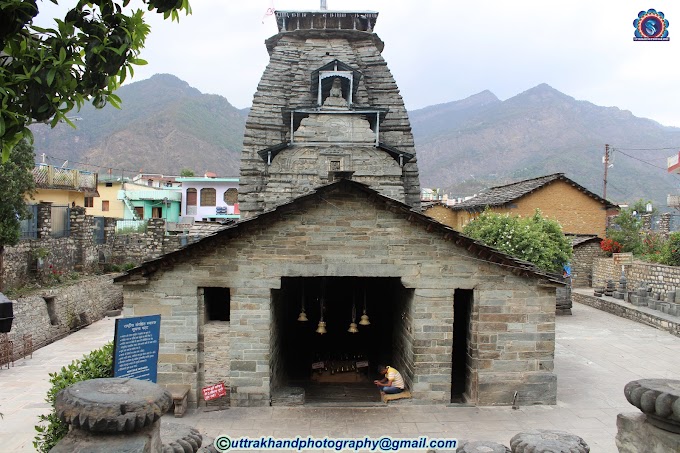 |
| What is Article 388 of Indian constitution |
Article 388 of the Indian Constitution
Title: Provisions as to the expenditure of the Union and the States during the first financial year
❗️Status:
Article 388 has been repealed.
It was a transitional provision, omitted by the Constitution (Seventh Amendment) Act, 1956.
🧾 Original Purpose (Before Repeal):
-
Article 388 was created to deal with government expenditures during the first financial year of the Constitution (i.e., from 26 January 1950 to 31 March 1951).
-
It allowed temporary authorization of expenses by the President and Governors until proper budgets were passed by the new legislatures.
🔍 Simplified Explanation:
-
When the Constitution came into effect on 26 January 1950, no elected legislatures were in place in many states.
-
Article 388 allowed:
-
Union (President) and States (Governors) to authorize expenditure from the Consolidated Funds.
-
No need for prior legislative approval, as a temporary measure.
-
Helped maintain continuity of government operations.
-
📌 Key Features:
| Aspect | Details |
|---|---|
| Applies To | Union Government and all States |
| Purpose | To authorize spending before elected legislatures could pass budgets |
| Power Given To | President (for Union) and Governors (for States) |
| Scope | Only for the first financial year after Constitution commenced |
| Legal Basis | Expenditure charged on Consolidated Fund of India or State |
| Repealed By | 7th Constitutional Amendment Act, 1956 |
✅ Why Article 388 Was Important (and Then Repealed):
-
Ensured no disruption in financial administration during India's constitutional transition.
-
Allowed essential services, salaries, and operations to continue without delay.
-
Repealed after the first budget cycle and once the regular financial procedures under Articles 112–117 (Union) and 202–207 (States) were fully in place.

.jpg)



















Follow Us